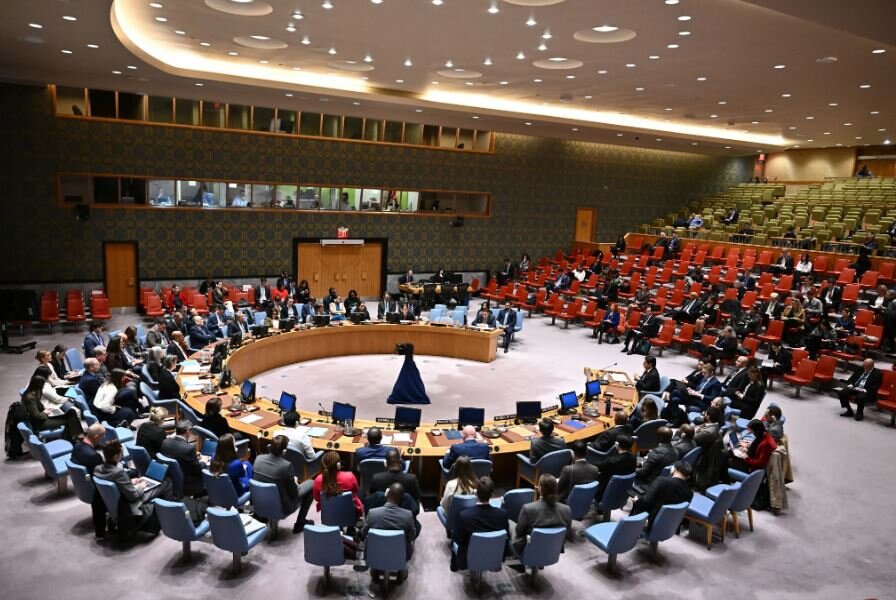TEHRAN – Germany, Britain, and France have told the United Nations that they are ready to trigger the so-called “snapback” mechanism which would bring back anti-Iran international sanctions lifted in 2015 under the Joint Comprehensive Plan of Action (JCPOA).
Under the JCPOA, the five permanent members of the UN Security Council plus Germany possess the authority to reinstate international sanctions against Iran if Tehran is deemed non-compliant. The U.S., having unilaterally withdrawn from the agreement in 2018 and subsequently re-imposed its own sanctions, has forfeited this right.
The JCPOA, signed between Iran and the P5+1 group of countries namely the U.S., UK, Germany, France, Russia, and China, aimed to curtail Iran's nuclear program in exchange for sanctions relief. However, this benefit evaporated for Tehran within three years of the agreement's signing, following the U.S. withdrawal and the re-imposition of sanctions. The situation worsened with the European signatories, who not only failed to mitigate the impact of U.S. sanctions but also implemented their own bans.
The European Troika told the UN Security Council on Wednesday that it would return UN sanctions as well if it deems the move necessary to prevent Iran from acquiring nuclear weapons. The E3 will lose the ability to take such action on October 18 next year.
Iran argues that while Britain, Germany, and France have not officially left the JCPOA, they lack the moral and legal standing to trigger the snapback mechanism as they have failed to fulfill their commitments since the U.S. withdrawal.
In a letter to the President of the UN Security Council on Thursday, Russia's UN Ambassador Vasily Nebenzya reaffirmed Iran’s stance while blaming the U.S. and three European countries for rendering the JCPOA ineffectual. He said the four states are attempting to falsely portray Iran as responsible while dismissing their repeated violations of the pact. Nebenzya asserted that Iran remains ready to resume compliance, contingent upon reciprocal action from Western parties, but that this condition has yet to be met.
Although the potential re-imposition of UN sanctions is unlikely to significantly exacerbate Iran's already difficult situation—given the pervasive impact of existing U.S. sanctions—it's widely viewed as a setback for diplomatic efforts to address Iran's nuclear program. Some Iranian officials have said Tehran would look into leaving the Non-Proliferation Treaty (NPT) if Europe triggers the snapback.
Growing Iranian skepticism toward dialogue with the West is fueling domestic calls for nuclear weapons development. Leader of the Islamic Revolution Ayatollah Seyyed Ali Khamenei issued a fatwa (religious decree) years ago that banned the country from developing weapons of mass destruction. He has yet to rescind that fatwa.


No comments:
Post a Comment